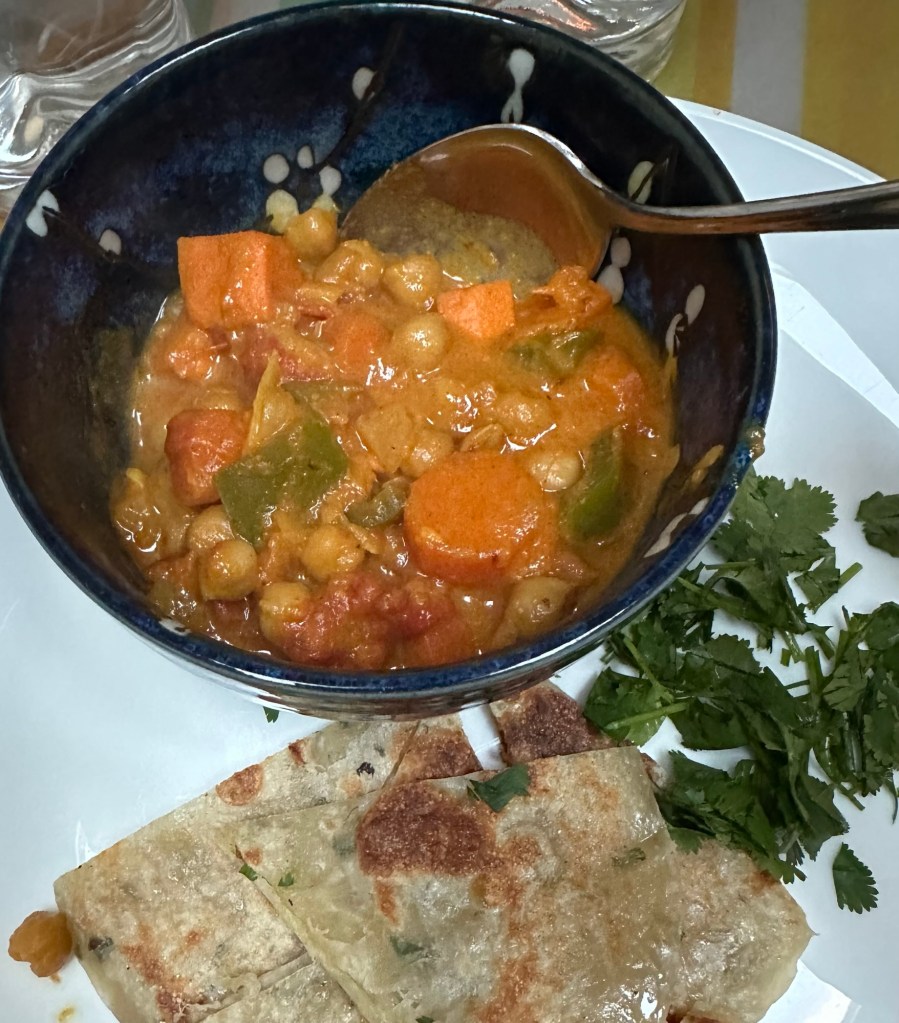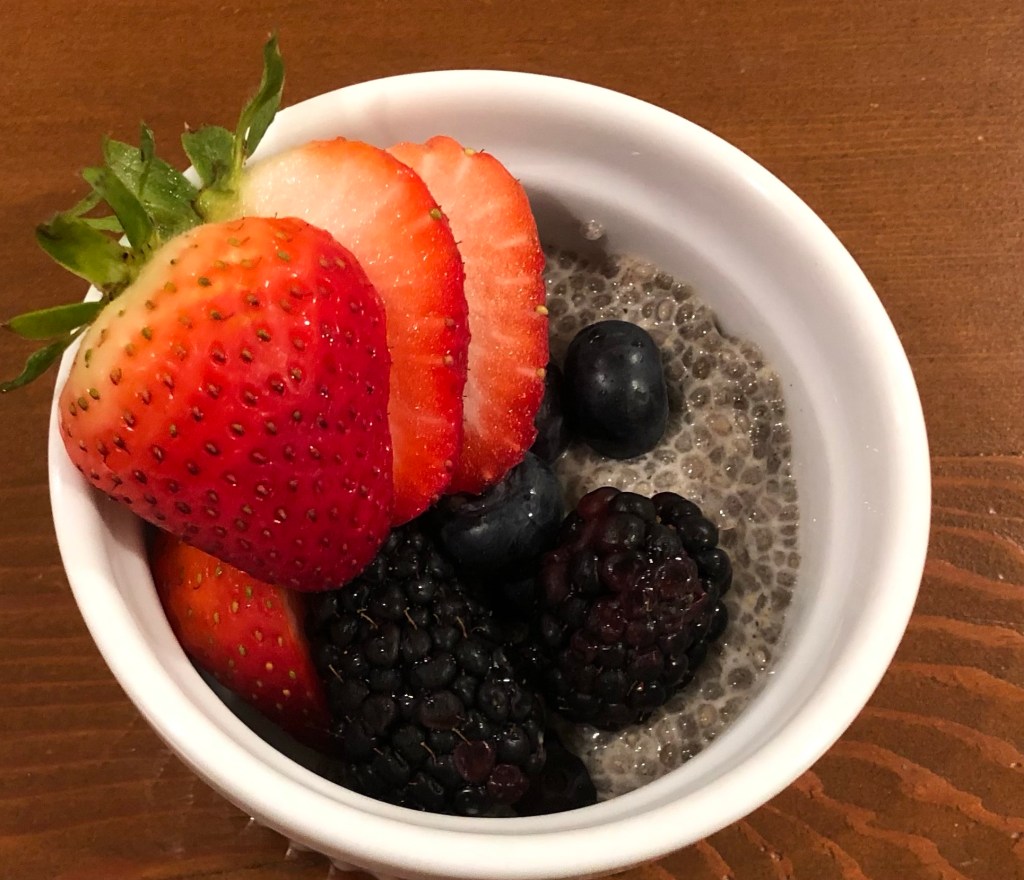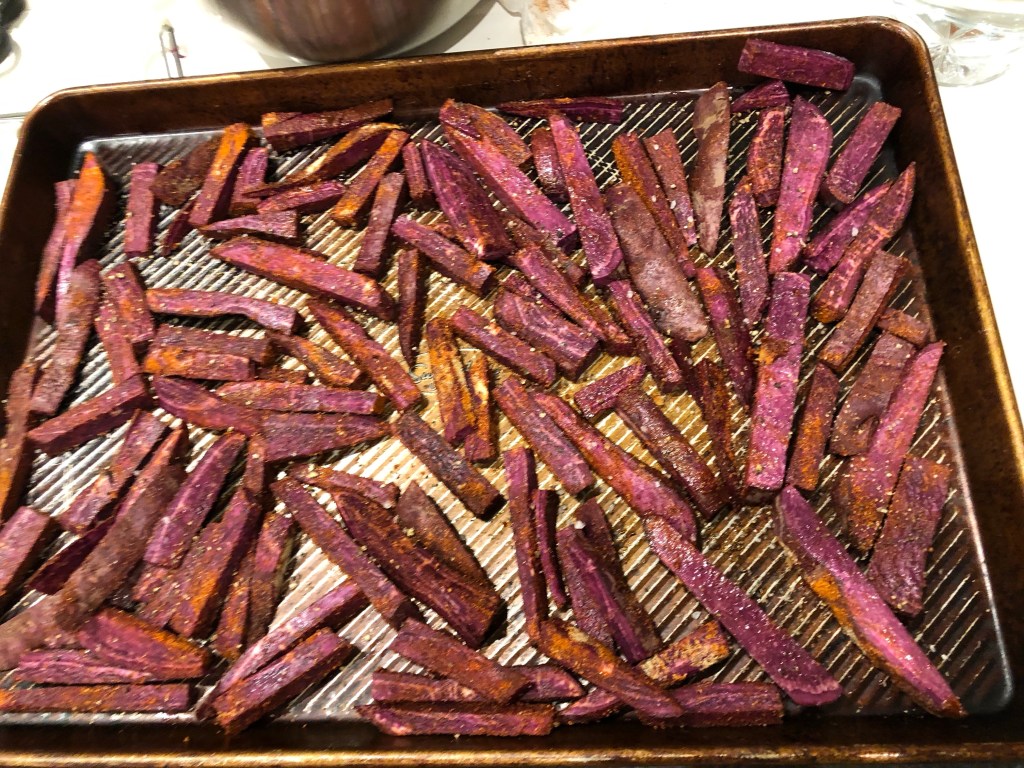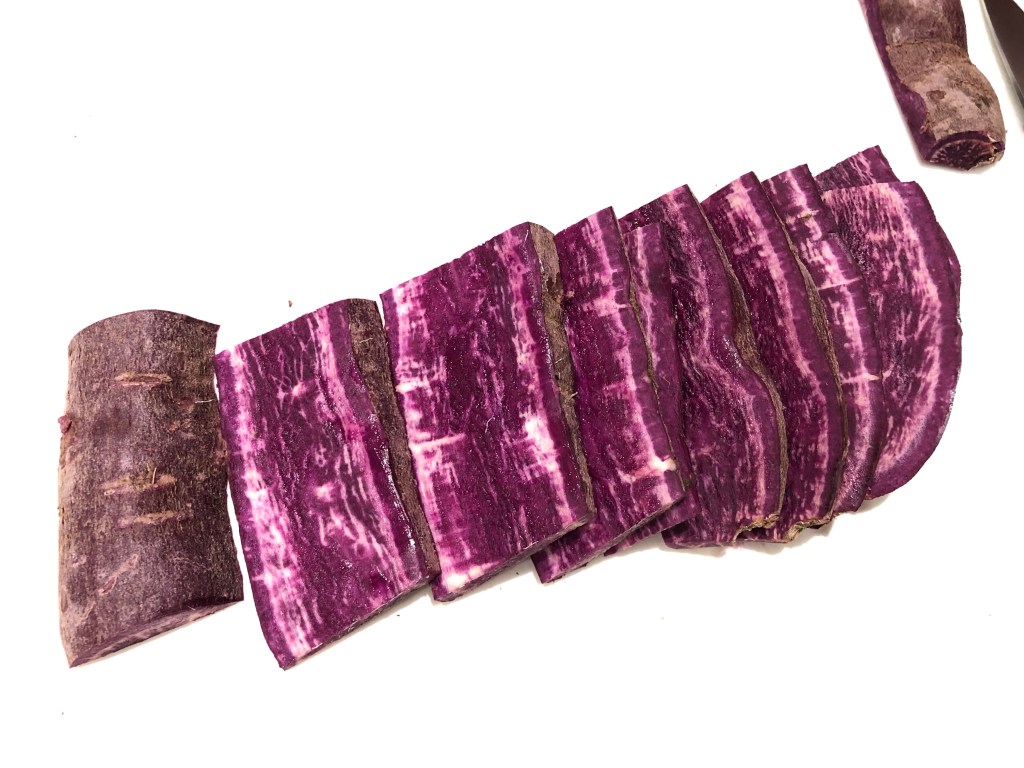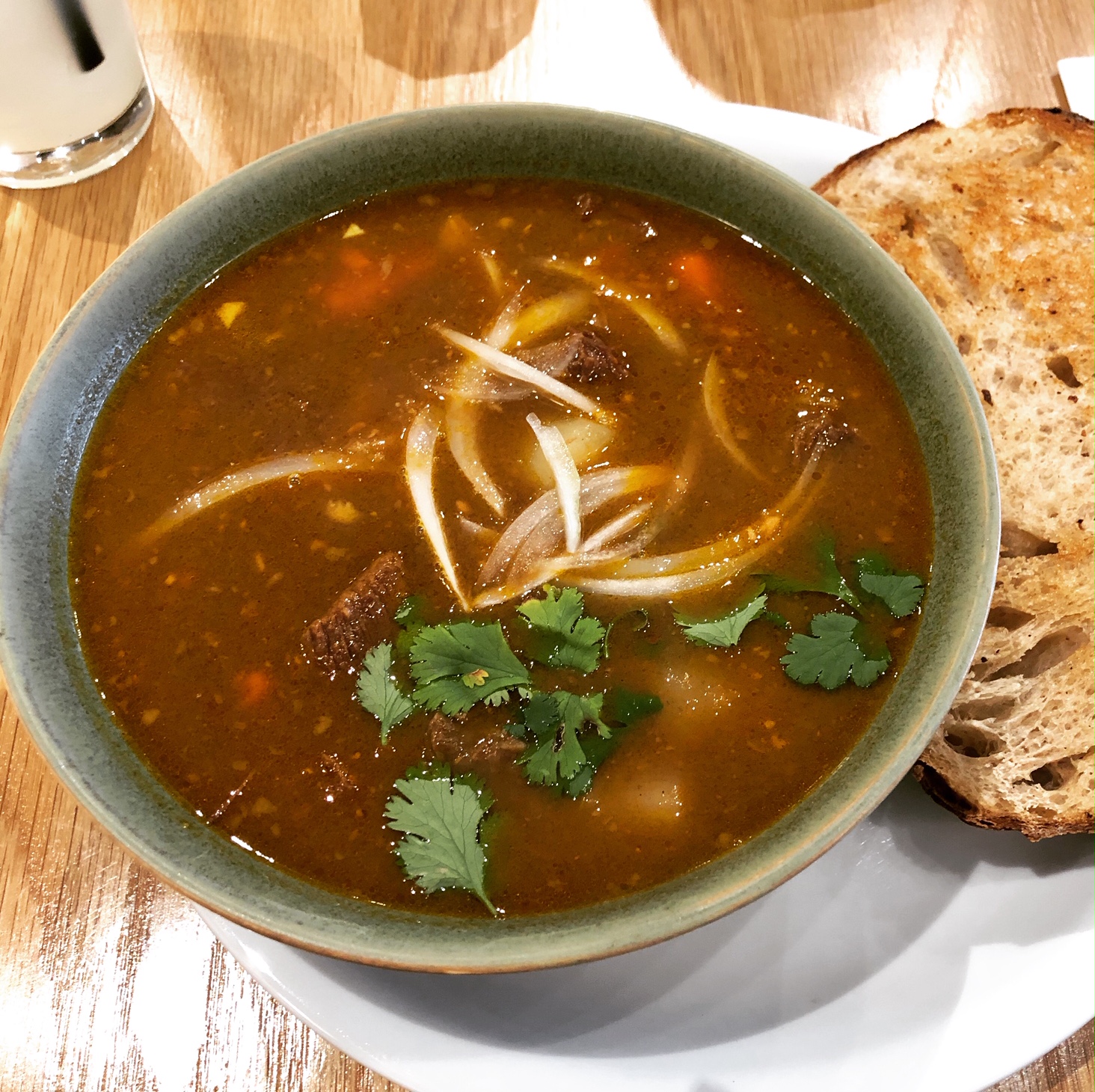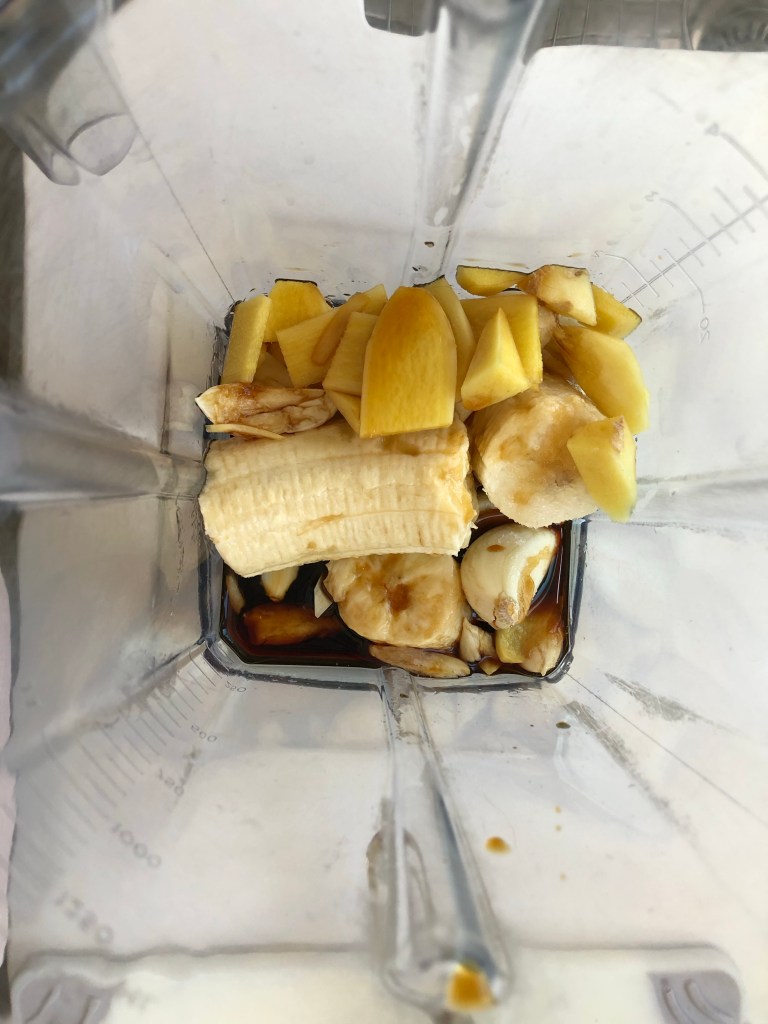July 5, 2020
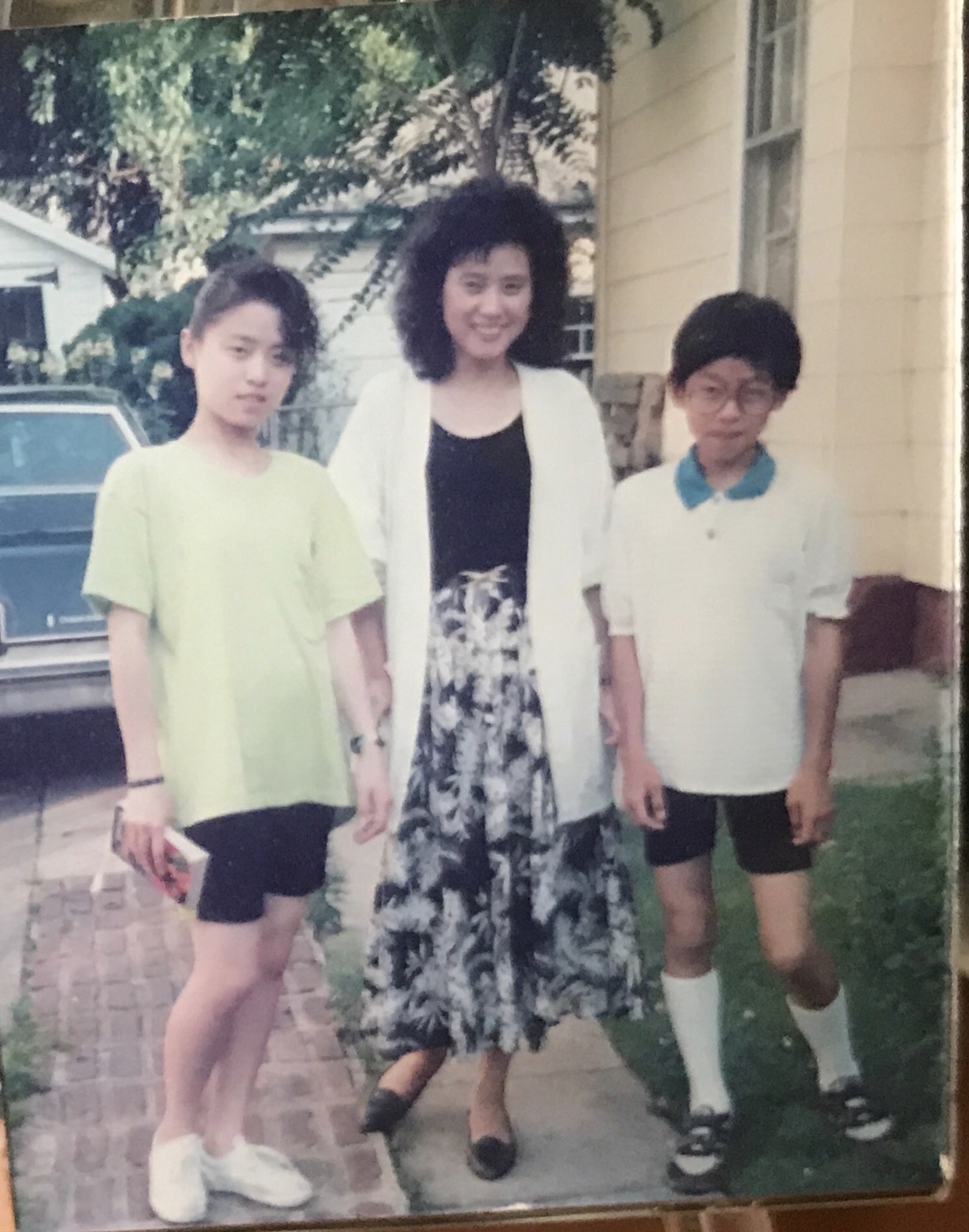
Today marks the 35th anniversary of my family’s arrival to the United States.
On July 5th 1985, our father, who had come to the States 10 months prior to our arrival, picked us up from the JFK airport. “There was a big party in our neighborhood the day before. There were even fireworks!” Dad said cheerfully, and then added jokingly, “America was throwing a welcoming party for you! But they must have gotten confused with the date because of the time difference.” I was thirteen years old, not easily fooled, but characteristically optimistic. That welcoming sentiment pronounced by my father, however absurd, stayed with me, and fueled my enthusiasm for anything American, be it real or self-projected.
The next day, our friendly neighbor told us that we could get free school breakfast during the summer. Growing up in Taiwan in the early 80’s, we didn’t have a McDonald’s until 1983. The only American shows we had were “Three’s Company” and “Dynasty” (remember those?). I was always curious about the American ways. Empowered by my knowledge of the alphabets and a few working sentences in English, my eight year-old little brother and I set out and walked the few blocks to our local public school. We found the school cafeteria, got in line, and had our first taste of American breakfast. Our first American meal consisted of milk, yogurt, hash browns, and pancakes with syrup, nothing like the savory rice congee with dried pork, century egg, pickled cucumber salad, and salted fish we had back home. We had hit the jackpot! We decimated every morsel on our tray. Walking back with our bellies full of sweets, my little brother and I sang our made-up songs using whatever little English we knew and skipped happily home.
And boy, did we develop an insatiable appetite for anything American after our first taste! We gobbled up television shows such as “Thunder Cats”, “Transformer”, “Who’s the Boss”, “Growing Pains”, “Twenty-One Jump Street”. We would often laugh with the laugh tracks when jokes came up. When asked by our parents what was so funny, we didn’t have a clue! “We were supposed to laugh!” We pointed out the laugh tracks that were masked by our own laughter. If my parents thought we were crazy, they didn’t let on. “Maybe one day you’ll actually know what you are laughing about!” Mom said with an encouraging smile.
When autumn leaves turned to brilliant yellow and orange, we enrolled in our local New York public school. Because we were not proficient in English, we were assigned to English as Second Language (ESL) homerooms. My classmates came from all over the world: India, Pakistan, Hong Kong, Iran, Nigeria, Korea, and Egypt. Whatever our life circumstances, one minute we were half a world away, and the next minute our fate brought us all under one roof, gathered in one room. Kids in ESL classes took all of our classes together. I remembered my very first American class was a history class. “HISTORY” my teacher wrote on the blackboard. I had no idea what “history” meant, even though it seemed so simple. Perhaps it was actually his story and the teacher forgot a space and another s? I thought to myself. I dutifully copied down every single word he wrote. I knew that everything would become clear once I got home and looked up every unfamiliar word with my now well-thumbed English-Mandarin dictionary.
Once a month, our homeroom teacher would take the ESL kids on field trips. These field trips were designed to assimilate us to our new country. We visited the Empire State Building, World Trade Center, Statue of Liberty, Bronx Botanical Garden, and New York Main Public Library. We were even treated to the Radio City Rockettes show in December. Our pack was a mini United Nation of sorts, eager to understand the new world around us with our fragmented language skills; in awe of our good fortune for being in the greatest, most powerful nation in the entire world. We felt welcomed, protected, and nurtured.
To communicate with my new friends, we deployed all kinds of tactics, be it body language, sign language, tone differentiation, or simply writing words down because of our various accents. Everyone had their own native language to English dictionary and phrase books, and nobody was made fun of for trying. It felt like us new immigrants were put aside in a special greenhouse, treated with extraordinary kindness and generosity in our adopted country. We read aloud in class, with our teachers patiently correcting our pronunciation, and ensuring our comprehension. Slowly but surely, I started to understand that Tony from “Who’s the Boss” was actually a hired housekeeper; and Johnny Depp was working as an undercover cop in a high school. My parents even took notice the first time I laughed at a joke before the laugh track came on, about nine months after our arrival. “Hey, you must understand more English now!” they indulged me.
My father, bless his heart, somehow got in to his head that Americans eat hamburgers all the time. So during the first year of our arrival, we ate hamburgers for breakfast made from frozen beef patties that he got up early in the morning to steam in a bamboo steamer that Grandma lovingly packed for us in case of homesick; sandwiched by toasted buns. To this day, I cannot eat a hamburger without a visceral gag reflex. We continued to enjoy the school cafeteria lunch, and learned to appreciate hot dogs, and pizza, and French fries. Ironically, when I made it to varsity soccer team in high school, Burger King became our regular hang out after our games where I would order fries and a grilled chicken salad.
My first snow happened on a quiet Saturday evening. We had been pestering Dad, who had 10 months more American experience than us, about how snow actually felt like. “Is it like cotton?” we asked. “Does your clothes get wet? Do you have to carry an umbrella like you do on a rainy day?” Endless questions. On that quiet Saturday, soft, fat snowflakes floated down from the sky. My brother and I rushed out to our yard without a jacket or an umbrella, and understood at that moment, that snow felt like pure magic. Soon our yard turned white as if someone picked up a paintbrush, dipped it in white paint, and swiped down a few large strokes.
The following Monday, my friends and I excitedly chatted about the snow. You see, for us ESL kids who had never seen snow, seeing our first snow was just like living in America, pure magic!
One by one, the ESL kids were deemed proficient, and integrated into regular English classes. In my case, I was placed in Honors English. I didn’t know why, but was humbled by the opportunity. I remembered my first test in my Honors English class. We had to interpret a poem entitled “Fog”, by Carl Sandburg.
The fog comes
on little cat feet.
It sits looking
over harbor and city
on silent haunches
and then moves on.
Now that I had two American years under my belt, AND I was in Honors English, I really should have known what the word “fog” meant, except that I didn’t. It was one of those words that little kids learned from a colorful board book when they were babies! I sat there, staring at the test paper, willing myself to understand the poem without having the foggiest (yes, puns intended) idea what the word “fog” meant. The clock ticked on. “10 more minutes!” My teacher, Ms. Bruno announced. “Alright, it’s now or never,” I awkwardly went up to her, and whispered in a strained voice, “can you please tell me what this word mean?” and pointed to the title. “Fog? You don’t know what fog mean?!” Ms. Bruno, the most strict, stern teacher in the school, who taught Honors English for more than 15 years, gasped. She quickly recovered and explained that it was a kind of weather. It was white and when there was fog, it was hard to see things. She wiggled her ten fingers and swished them around. Ha! If nothing else, I understood body language! I quickly scribbled down my interpretation so that I did not receive a big fat zero on my first real English test. I was scared and relieved. Scared that they now knew that I was but a foreigner, but also relieved that the truth of my foreignness was out in the open. Now kids in my Honors English wouldn’t look at me and wondered “where did this girl come from all of a sudden?” I thought for sure they’d transfer me back to ESL. And what did Ms. Bruno do? She had us read The Good Earth, by Pearl S. Buck next.
My English-speaking classmates learned about the daily lives of pre-WWI Chinese village, about the love Ms. Buck had for a different culture. Ms. Bruno utilized this opportunity to introduce her 15 year-old Honors English students to a whole new world. For extra credit, she had me do a show-and-tell about Chinese culture. Ms. Bruno impressed upon me that just because I had not fully master the language did not make me an inferior pupil. At the end of my show-and-tell, I showed my classmates how to use chopsticks. Chopsticks I collected from the Chinese restaurant we visited once a week, because there was no Amazon or Party City back then. My native English-speaking classmates thoroughly enjoyed this challenge. Watching these blond-haired, blue-eyed teenagers laugh and cheer each other on to pick up fortune cookies with their chopsticks was both hilarious and reaffirming. America welcomed me.
Thirty-five years later, I can still feel this welcoming spirit. I feel the warmth and generosity from my friends and neighbors. I believe that there are still generous and compassionate people in this country. With the current social injustice where a disproportionate number of African Americans are dying in the custody of the law enforcement; where Black EMT worker was shot dead in her own apartment; Black boy shot dead with a toy gun in his hand; Black boy shot dead walking with his hoodie pulled up; Black man gunned down by father and son while jogging; Black man kneed to death for a $20 counterfeit bill; Black men found dead hanging from trees; Black birdwatcher threatened and called upon for police; I believe that there are still truth and justice-seekers in this country. The kind of people who educated themselves about the Black history we were never taught in school; the kind of people who showed up to protest for Black Lives Matter all over this country, and all over the world! The America from 35 years ago that welcomed and nurtured classes after classes of newly arrived ESL kids be them brown, or black, or yellow, or beige has not gone by the wayside yet.
We are the land of the free and the home of the brave. Let’s live up to our expectations. Let’s be free of prejudice. Let’s be free to practice good judgment. Let’s be free to utilize common public health sense! Let’s be brave to call out social injustice. Let’s be brave to cross party lines and vote for someone who could possibly rehabilitate America back both physically and psychologically. What makes America great is the greenhouse that incubates and nurtures immigrant kids like my friends and me. Our collective trauma needs healing. Let’s put ourselves into that greenhouse, America.
